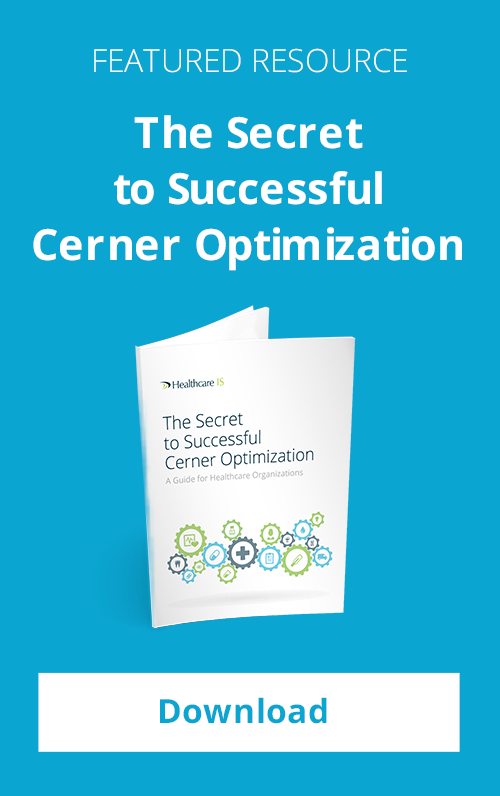 There are people who work for a consulting firm who come to the conclusion that consulting is not for them. This is understandable. What’s unfortunate is when they feel that consulting is not for them when, in fact, the consulting firm they work for is not the right firm for them.
There are people who work for a consulting firm who come to the conclusion that consulting is not for them. This is understandable. What’s unfortunate is when they feel that consulting is not for them when, in fact, the consulting firm they work for is not the right firm for them.
When someone joins a consulting firm for the first time, their experience will shape their overall impression of their career path. The reality is that every firm not only has its own culture, but many firms are structured differently from a sales and operational standpoint as well.
People get into consulting with a certain set of expectations, only to learn that things can turn out quite differently. For instance, there’s a difference between doing what a client needs during unusual circumstances and those unusual circumstances turning into the norm.
One area in which consultants feel they’re misled is travel. When joining a firm, most consultants understand that they’ll be traveling out on Mondays and returning on Thursday evenings. This schedule would require them to be away from home three evenings per week. Most consultants also understand that some clients require them to be onsite at a specific time on Mondays. If a consultant isn’t able to leave Monday morning and arrive at the client site by the specified time, they may need to leave Sunday evenings for some, if not all, of that particular client engagement. There’s also an understanding that the firm will try, when possible, to have their consultants travel to clients that are in the same region, thus reducing the stress of significant travel times as well as time-zone changes. Every firm you join will tell you that they’ll do what they can, but they cannot guarantee anything. This is fine . . . until you find yourself flying across the country for your third engagement in a row. At this point, you’ll wonder how much of an effort they’re really making or, at the very least, you’ll have to recognize that the firm is not great on executing their stated intentions.
When a consultant joins a firm, they attempt to evaluate all of the circumstances with which they’ll be dealing in order to determine the financial compensation necessary to make it worth their while. If the travel ends up being more they originally planned on, they’re going to feel as if they’re not being compensated fairly.
Significant research into the reality of travel for your skill set and knowledge base is necessary when considering consulting as a career path. Not doing so will most likely lead to a growing sense of dissatisfaction with your decision.


Comments